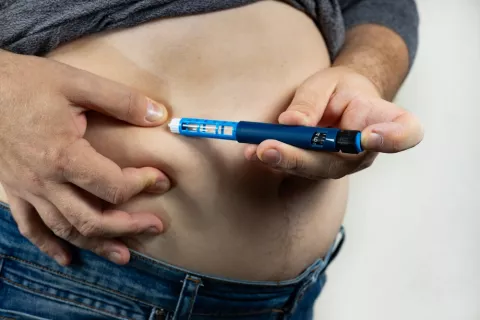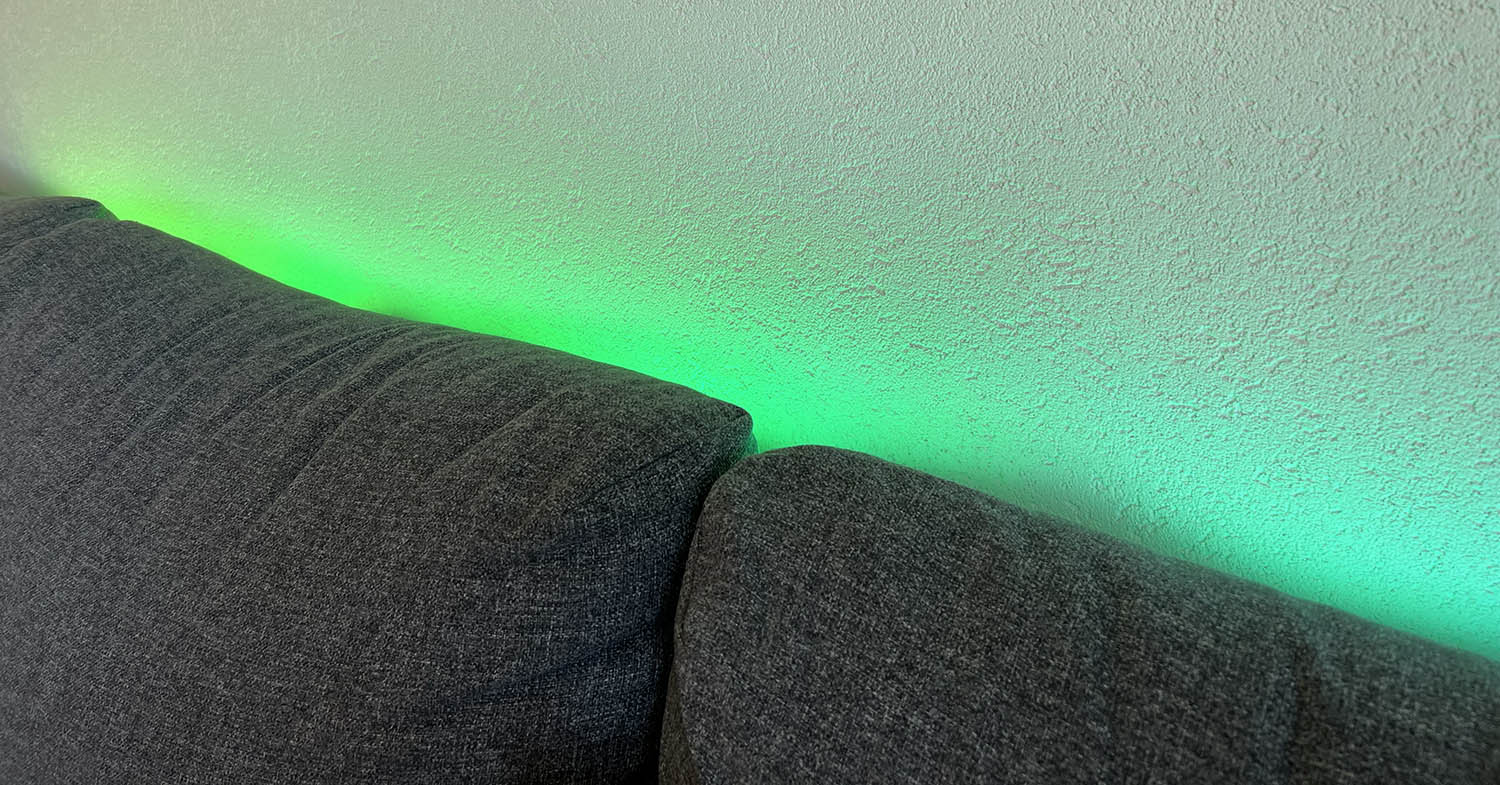People with bipolar disorder experience episodes of mania and depression and are at increased risk of suicide and safety-threatening behaviors, and lithium is a substance that acts as a mood stabilizer and thus helps reduce mood swings. pathological emotional ups and downs. However, the amount needed to treat these patients varies greatly and if too high a dose is given, it can be toxic, while if it is not enough, it is not effective.
Now researchers at the Karolinska Institutet in Sweden have conducted a study that has uncovered six predictive factors that can help determine the most appropriate amount of lithium for each patient, and has also pinpointed genetic markers that appear to influence how quickly the body removes lithium from your system.
“Our model could already be used to predict how much lithium a patient with bipolar disorder will need. This could reduce valuable time spent finding the right dose for each patient, which could have a life-saving impact,” said Martin Schalling, Professor in the Department of Molecular Medicine and Surgery at Karolinska Institutet and lead author of the study. .
Personalize and improve the treatment of bipolar disorder
Lithium is one of the main treatments for bipolar disorder, but to minimize the risk of side effects, doctors often start treatment with low doses that are increased over time, and this means that it can be months before the medicine improves the symptoms. For this reason, a way of predicting the individual response to the drug has been sought for a long time.
“We will test our model in a clinical trial and if the result is positive, we will develop a digital application to help assess lithium dosage for patients with bipolar disorder”
Previous studies have identified a number of markers such as a patient’s age, gender, and kidney function as potential predictors of how quickly the body removes lithium from its system (lithium clearance), a factor that can help determine the daily amount needed to control the disease. But in most of these studies very few patients have participated.
In the new study, the researchers were able to examine the electronic medical records and registry data of 2,357 patients with bipolar disorder – men and women between the ages of 17 and 89, mainly of European descent – which could imply the sample size largest for this type of study to date.
The results of the research, which have been published in The Lancet Psychiatry, have found associations between the rate at which lithium is eliminated and age, gender, kidney function (measured as eGFR), serum lithium concentrations and be taking diuretic medications and substances that target the renin-angiotensin-aldosterone system (RAAS), which can be used to treat high blood pressure and other health problems.
“Our findings suggest that older patients, women, patients with reduced kidney function, and those taking certain medications require lower doses of lithium. Interestingly, we also found that the amount of lithium you take and the lithium concentrations in your blood don’t seem to be completely proportional, which goes a bit against current thinking. Our model based on these predictors explained about 50-60% of the variation in lithium clearance, which is better than previous models and could be used to inform treatment decision,” said first author Vincent Millischer, a postdoctoral researcher. at the Department of Molecular Medicine and Surgery at the Karolinska Institutet, and a resident in psychiatry at the Medical University of Vienna.
The researchers also found associations between lower lithium clearance and a genetic locus on chromosome 11, and their findings could also show that genetic variants affecting BMI and kidney function were associated with lithium clearance. Although the inclusion of genetic markers only slightly improved the predictive capacity of the model, these scientists affirm that it may contribute to future personalized medicine in lithium treatment.
“Next, we will test our model in a clinical trial to see if it can reduce the time it takes to find the right amount of lithium for each patient,” said Martin Schalling. “If the result is positive, we will develop a digital app that psychiatrists could use in the future to help assess lithium dosage for patients with bipolar disorder.”
.









